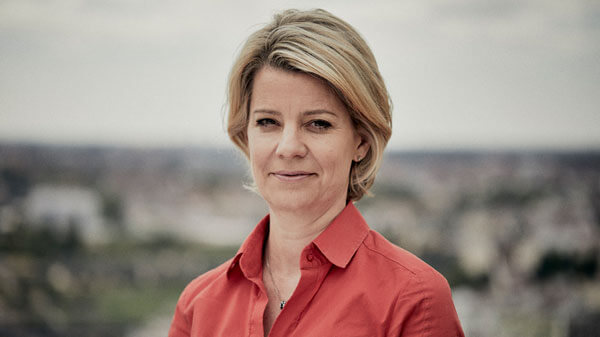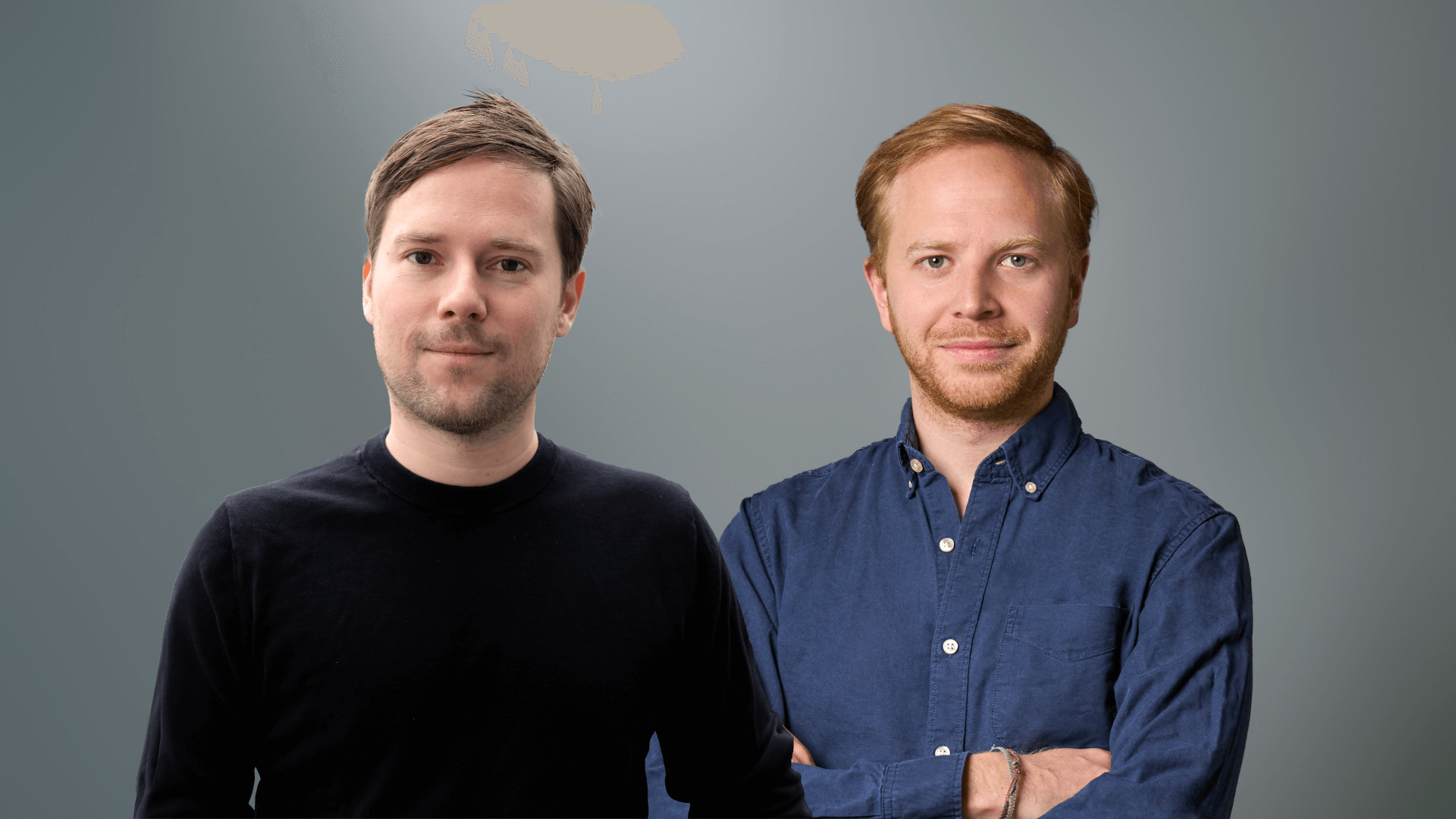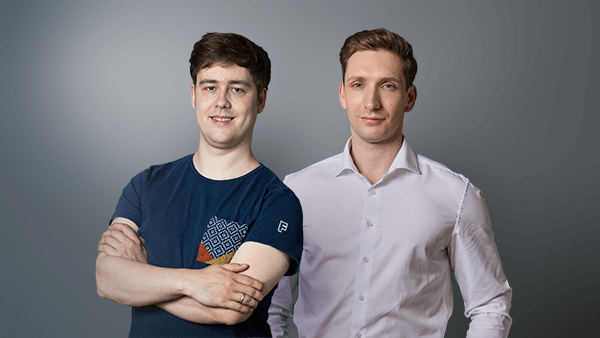Accelerator activities at SAP.iO: “Creating a win-win-win situation”
Alexa Gorman is considered one of the world’s leading experts on start-ups. She began setting up a start-up program at SAP in 2017, and since May this year has been responsible for the software company’s global activities in this area in her role as Senior Vice President and Global Head SAP.iO Foundries and Intrapeneurship. In this interview, she talks about developments in the international start-up scene and SAP’s collaboration with young companies – and also reveals why the company values its cooperation with High-Tech Gründerfonds so highly.
Alexa, you’re in charge of SAP.iO’s global start-up activities. Can you tell us about the latest developments shaping the global market?
Sustainability is clearly a dominant topic at the moment, and there are lots of exciting and promising start-ups out there that are also of great interest to SAP in the B2B segment. Specific examples here include the circular economy and the measurement of CO2 emissions in the supply chain. In addition, the impact on business is becoming greater and greater. Take recommerce for instance. The effects of sustainability and green tech are felt across all industries in all kinds of different forms.

What other trends are there?
We continue to see promising applications in the field of data and analytics. The big question here is how to effectively utilise the large volumes of data that most companies now possess. What role will machine learning play in the long term when it comes to gaining important business insights? These are topics that are also relevant when it comes to end customers.
How do you reflect on the last few months? And how are things looking in terms of innovation capabilities in the B2B segment?
We also sensed the uncertainty that reigned at the onset of the pandemic and thereafter, with many business meetings being cancelled. But once it became evident that this global crisis was set to loom large for some time to come, business picked up again. What then followed was a record number of meetings for our start-ups. Many companies were open for innovation, and this provided a real boost. For our start-ups, especially those active in HR and e-commerce, 2020 was well and truly a record year. In our team, we came to appreciate the benefits of hybrid working. We travel less, have more time and have become even more global – including in the ways we can get start-ups to join our programmes.
You work closely with High-Tech Gründerfonds. How do you benefit from this cooperation?
Our cooperation gives up deep insights into the start-up landscape. The HTGF team is highly active, enjoys a fantastic standing and maintains an extensive network. And that’s something that we can benefit from greatly. Exchanges always take place on an equal footing. We have very lively exchanges, and we work with HTGF when sourcing firms for our programmes. We’ve already been able to welcome a healthy number of start-ups from the HTGF portfolio into our programmes. And in turn, HTGF has also invested in a number of start-ups from SAP.iO programmes. On top of that, we’ve also made a joint investment. It’s a good collaboration between partners that delivers great results.
Tell us about your start-up work at SAP? How did it all start?
We have continuously refined our activities. We overhauled our operations in 2017, and we are concentrating on young companies that offer value for our customers. Our focus is now clearly on start-ups, supporting them on their journey toward becoming SAP partners and thus helping them to scale up their operations. We see start-ups as the next generation of SAP partners and want to offer them a faster way to join this partnership.
So that means that start-ups become partners and suppliers for your customers with the help of SAP.iO?
Yes, that’s the goal. We want to create a win-win-win situation. Young companies gain access to our platform and interfaces and may even receive SAP certification. They also benefit from being able to sell their products on the SAP Store to our more than 450,000 customers from almost all industries. Our customers benefit from innovative start-up solutions that we have taken a close look at here at SAP.iO. And SAP benefits from having a steadily growing ecosystem with lots of innovative partners that complement SAP solutions.
Can you give us a concrete example?
Our goal is to incorporate start-ups into our SAP ecosystem and then ideally integrate them into our sales operation. And as an example of what this can entail, I’ll tell you about BigID, a data and analytics start-up from Israel that now boasts unicorn status. Our partnership with the start-up grew, and its solution is now actively offered in our sales operation. To achieve this level of partnership, a start-up has to get to a certain size and generate a certain level of sales, of course, but it shows that we are able to help young companies grow.
What does the process involve? How do you become an SAP.iO start-up?
The start-ups need to offer B2B solutions. They also have to have secured their first customers and have already completed a financing round. That indicates a certain level of maturity and the potential they have to grow with us. Finding these start-ups and integrating them into our ecosystem – that’s the task of our team here at SAP.iO.
How many innovation hubs, or foundries as they’re called, do you now have around the world?
There are nine worldwide, and each foundry has two programmes a year on certain topics. When selecting start-ups, we draw on the experience of our in-house tech experts, but we also ask our sales team how they view a start-up’s potential. And we even invite customers to screening sessions to hear what they think.
What advice would you give to other companies that are considering working with start-ups more?
Working with start-ups just for marketing reasons is not going to get you anywhere. The most important thing is to clearly define the strategic objective. After all, there’s a difference between seeing start-ups purely as an investment case, using their help to create additional offerings for your own customers, or leveraging start-up support to drive your own company’s digital transformation. They’re all legitimate approaches, but you need to be clear when starting out. First and foremost, working with start-ups should generate value for both sides. Not just for the company, but also for the start-up.


